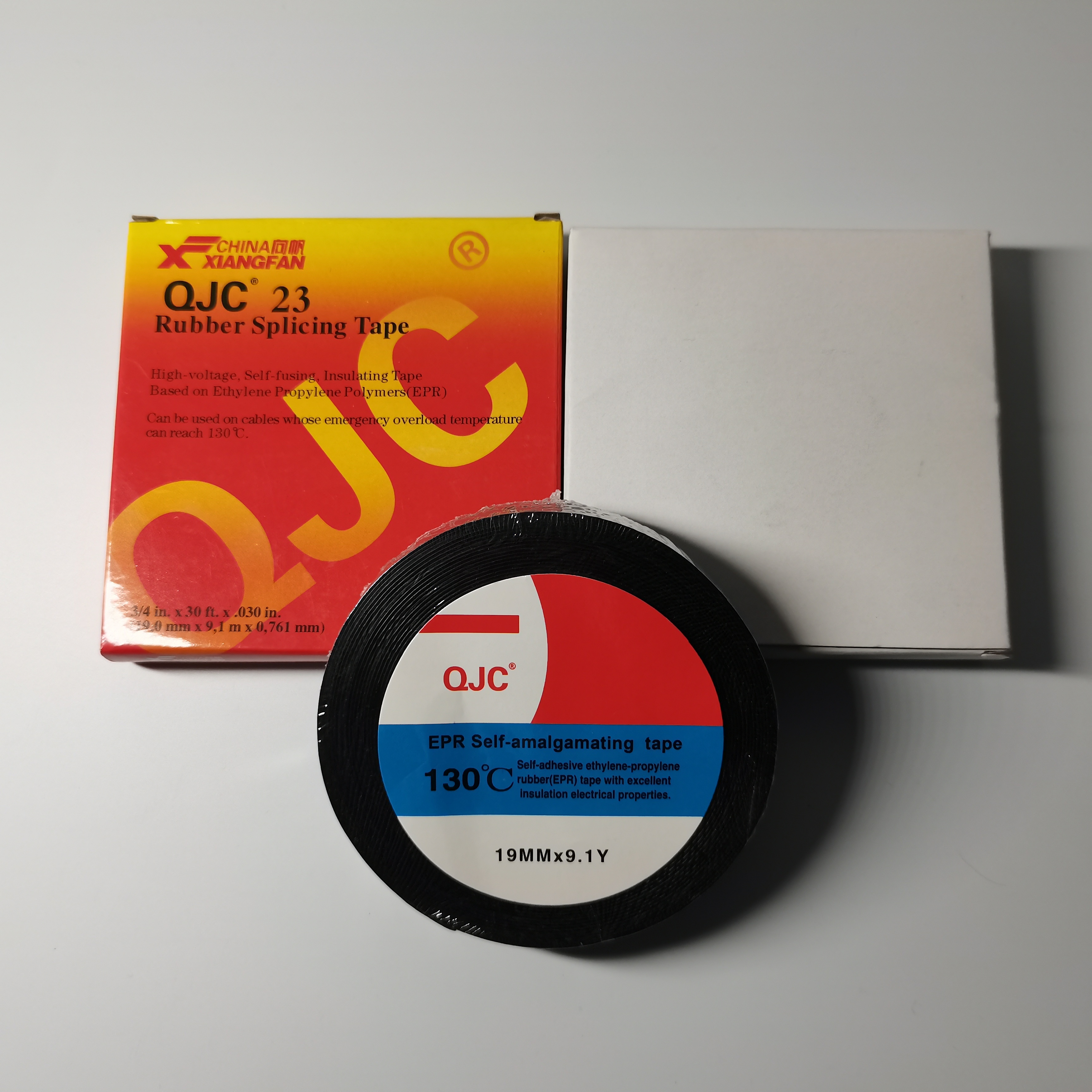Understanding Heat Resistant Electrical Tape Properties and Applications
In the realm of electrical insulation, heat resistant electrical tape plays a pivotal role, ensuring safety and efficiency in various applications. This specialized tape is designed to withstand high temperatures, making it an essential component in industries where heat build-up is a regular occurrence. In this article, we will explore the properties, types, and applications of heat resistant electrical tape, highlighting its importance in modern electrical systems.
Properties of Heat Resistant Electrical Tape
Heat resistant electrical tape is characterized primarily by its ability to endure high temperatures without losing its adhesive properties or structural integrity. Typically manufactured from materials such as polyimide, PTFE (polytetrafluoroethylene), or silicone, this tape can withstand temperatures ranging from 150°C (302°F) to over 260°C (500°F), depending on the material used.
One of the key properties that set heat resistant electrical tape apart is its dielectric strength. It provides excellent insulation, preventing electrical leakage and short circuits, which could lead to catastrophic failures. Additionally, this tape is often resistant to chemical and abrasion, making it suitable for diverse environments, including automotive, aerospace, and industrial applications.
Types of Heat Resistant Electrical Tape
There are several types of heat resistant electrical tape, each designed for specific applications
1. Polyimide Tape Often referred to as Kapton tape, this type is widely used in electronics and high-performance applications. It can withstand high temperatures and is excellent for masking during soldering or painting processes.
2. Silicone Tape Known for its flexibility and ability to conform to surfaces, silicone tape is ideal for applications requiring high thermal resistance while maintaining a secure grip.
heat resistant electrical tape

4. Fiberglass Tape This type is reinforced with fiberglass, making it ideal for high-temperature applications where mechanical strength is critical.
Applications in Various Industries
Heat resistant electrical tape finds a myriad of applications across several industries
1. Electronics In the electronics sector, this tape is often used for insulating wires and components that generate heat, such as motors and transformers. Its high dielectric strength ensures that electrical systems operate safely.
2. Automotive Automotive manufacturers utilize heat resistant tape for insulating wiring and protecting sensitive components from the heat generated by engines and exhaust systems.
3. Aerospace In aerospace applications, where safety is paramount, heat resistant electrical tape is used in wiring harnesses and to protect various parts exposed to high temperatures during flight.
4. Industrial In manufacturing plants, this tape is crucial for insulating and protecting equipment exposed to heat and harsh chemicals, ensuring operational safety and longevity.
Conclusion
Heat resistant electrical tape is an indispensable tool in today’s technology-driven world, providing insulation and protection in high-temperature environments. Its diverse range of materials and applications highlights its importance across multiple industries, from electronics to aerospace. By ensuring the integrity of electrical systems, heat resistant electrical tape not only enhances efficiency but also plays a critical role in ensuring safety. As technology continues to advance, the demand for more robust and specialized heat resistant electrical tapes will inevitably grow, paving the way for innovations in electrical insulation solutions. Whether you are in the manufacturing sector or working on DIY projects at home, understanding the capabilities of heat resistant electrical tape can lead to better and safer electrical practices.
-
XIANGFAN Rubber Tape-Ultimate Solutions for All Your Insulation NeedsNewsJun.24,2025
-
XIANGFAN Rubber Tape-Protection for Industrial and Residential ApplicationsNewsJun.24,2025
-
XIANGFAN Rubber Tape: Superior Safety and Sealing for Demanding EnvironmentsNewsJun.24,2025
-
XIANGFAN Rubber Tape: Reliable Solutions for Every Electrical ChallengeNewsJun.24,2025
-
XIANGFAN Electrical & Industrial Tape: Powering Reliability Across IndustriesNewsJun.24,2025
-
XIANGFAN Electrical & Industrial Tape: Excellence in Every ApplicationNewsJun.24,2025
